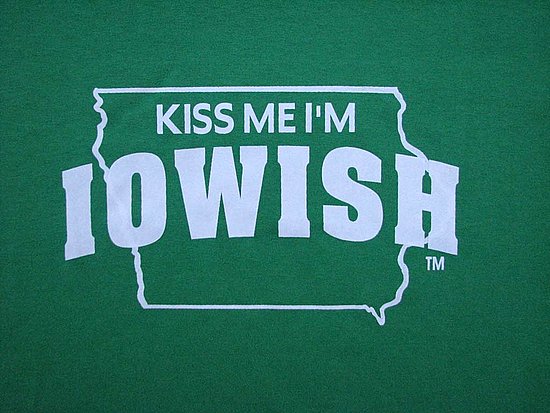 Iowa’s long-awaited study into potential intrastate online poker has been released with a number of potential options put forward for the makeup of the market. The study, undertaken by the Iowa Racing and Gaming Commission (IRGC), was submitted to the Iowa General Assembly on today’s deadline. It identifies that at its current unregulated level, the Iowa online poker market provides a rake, or gross gaming revenue, of between $13million and $60m per year for operators. At a rate of 22% tax on GGR it would give the state between $3m and $13m in tax revenue per year. It’s a lot less than earlier projections of $30-35m and the company that put this forward couldn’t verify how it came to the figure. It should be noted that any figures on the Iowan market are approximations as there’s little way of telling just how many people gamble online inside one particular state.
Iowa’s long-awaited study into potential intrastate online poker has been released with a number of potential options put forward for the makeup of the market. The study, undertaken by the Iowa Racing and Gaming Commission (IRGC), was submitted to the Iowa General Assembly on today’s deadline. It identifies that at its current unregulated level, the Iowa online poker market provides a rake, or gross gaming revenue, of between $13million and $60m per year for operators. At a rate of 22% tax on GGR it would give the state between $3m and $13m in tax revenue per year. It’s a lot less than earlier projections of $30-35m and the company that put this forward couldn’t verify how it came to the figure. It should be noted that any figures on the Iowan market are approximations as there’s little way of telling just how many people gamble online inside one particular state.
The IRGC looked at the pros and cons of three different business models they’d be willing to adopt. It’s unlikely to be a single network model due to the very limited variation in technology and potential impact it would have on land-based interests. It looks like a straight shootout between there being a smaller number of companies (limited hub) or one where the whole world and his wife operate (multiple license). The report reiterated the latter would be harder to regulate with the former again suffering from a lack of competition and therefore technology also.
It was agreed age verification must be a part of the final plan and the regulatory structure will include wording making it essential to have software to detect fraud and cheating. Methods must in be place to ensure availability of player funds and external audits will back this up. To that end, approval and testing of software are a requirement as is the security of player accounts and all this should be done via a thorough licensing process. To make sure that players are in Iowa when playing a geo-location system combined with other technology will be included with the study recognizing that a geo-location alone would be easy to IP “spoof.”
The Iowa Department of Public Health’s separate report entitled “Internet Poker: A Public Health Perspective” helped to inform their response as well. Their conclusion was that “making an exact determination about the size and scope of potential social and public health impacts exclusively attributable to Internet poker in Iowa is not currently possible,” due to the lack of data currently available.
IRGC came to its conclusions by studying a number of different factors and regulatory regimes as far afield as the UK, Alderney and the Isle of Man. They also looked at those in place in Antigua and Canada. Officials studied intrastate proposals already put forward by the likes of Nevada, California, New Jersey, Florida and Washington D.C. Iowa may lose the first-mover advantage but there’s nothing to suggest the state won’t try to press ahead with its intrastate regulation with meetings set to resume in January 2012.
You can read the entire report here.
